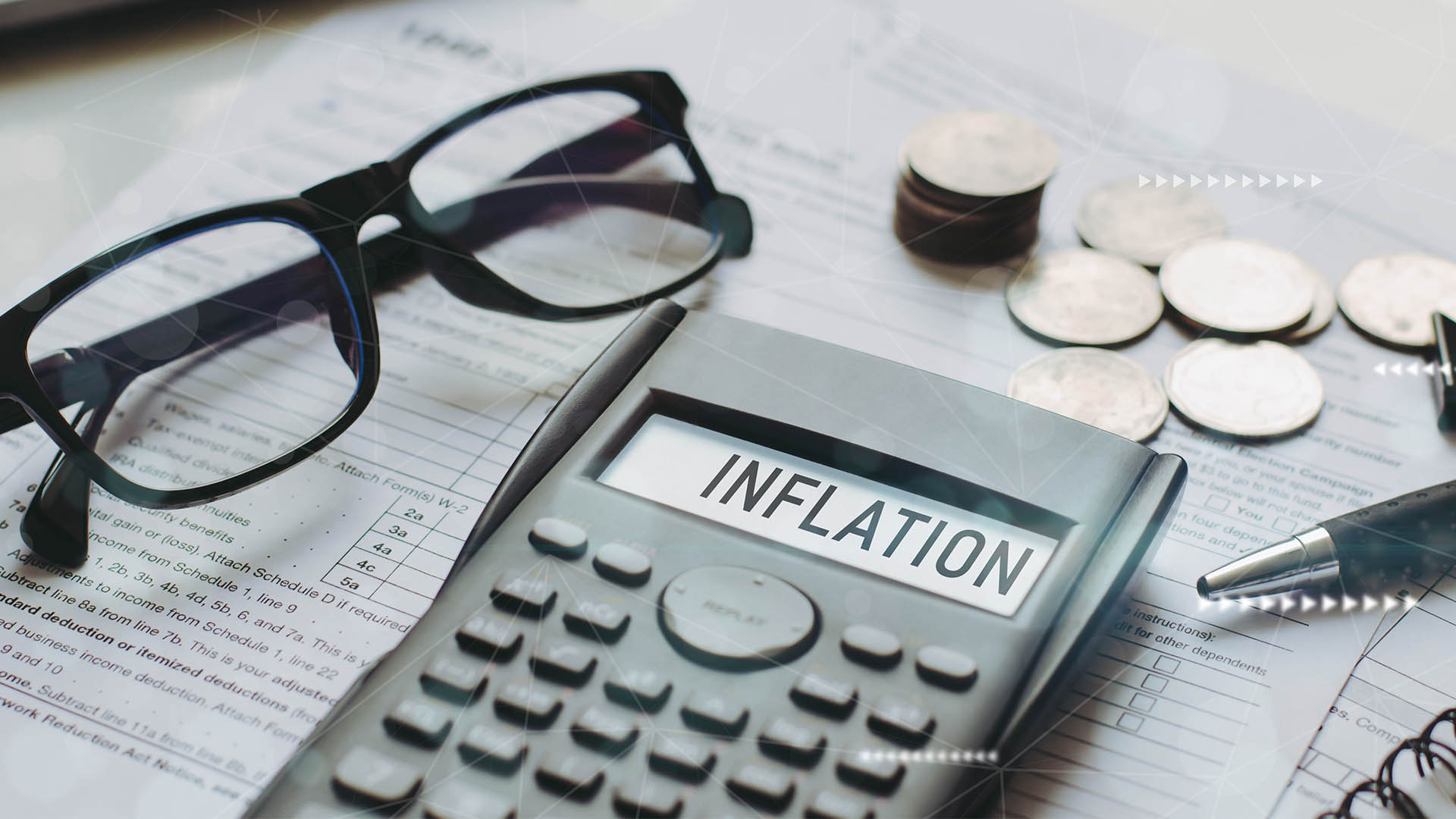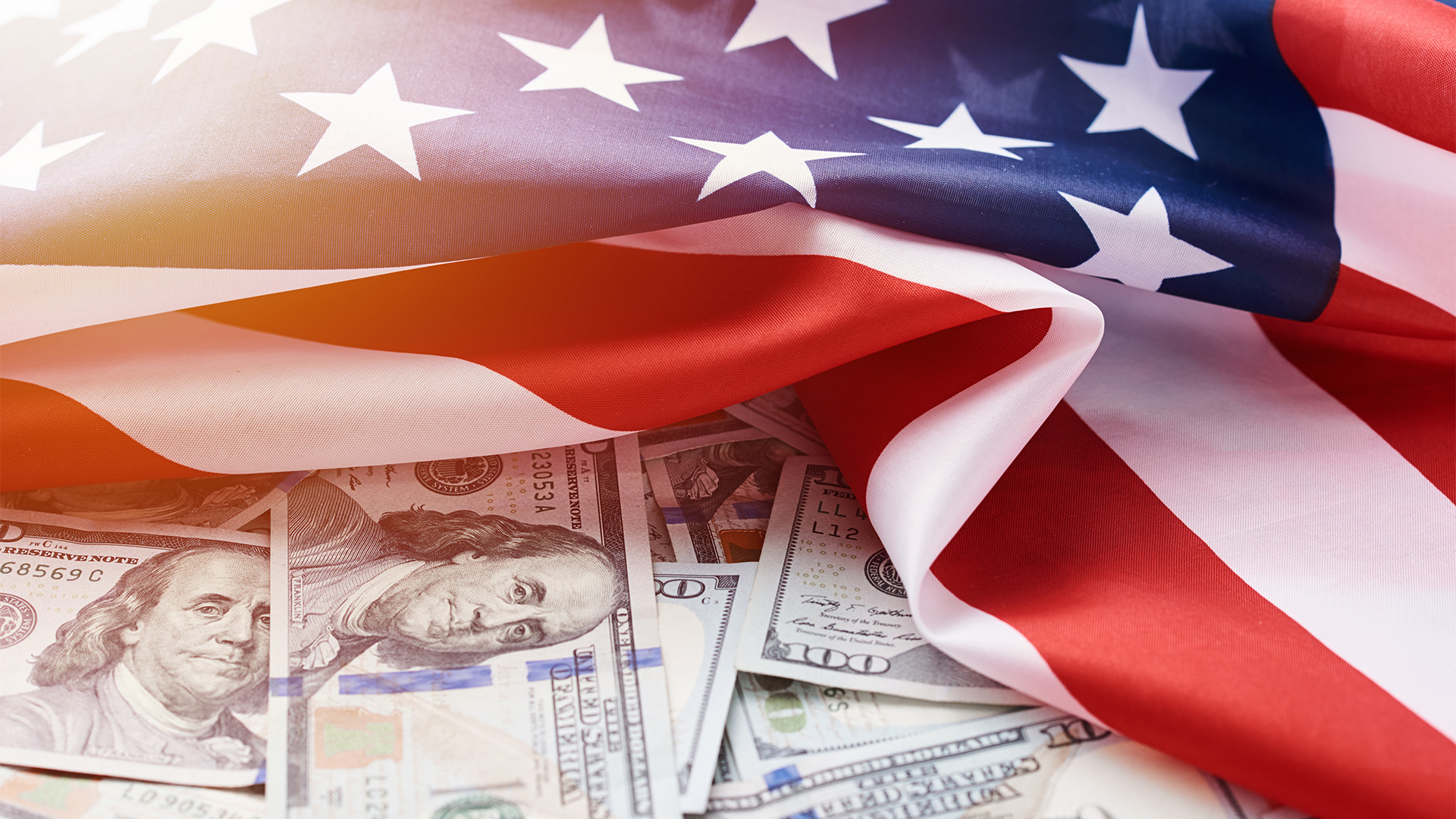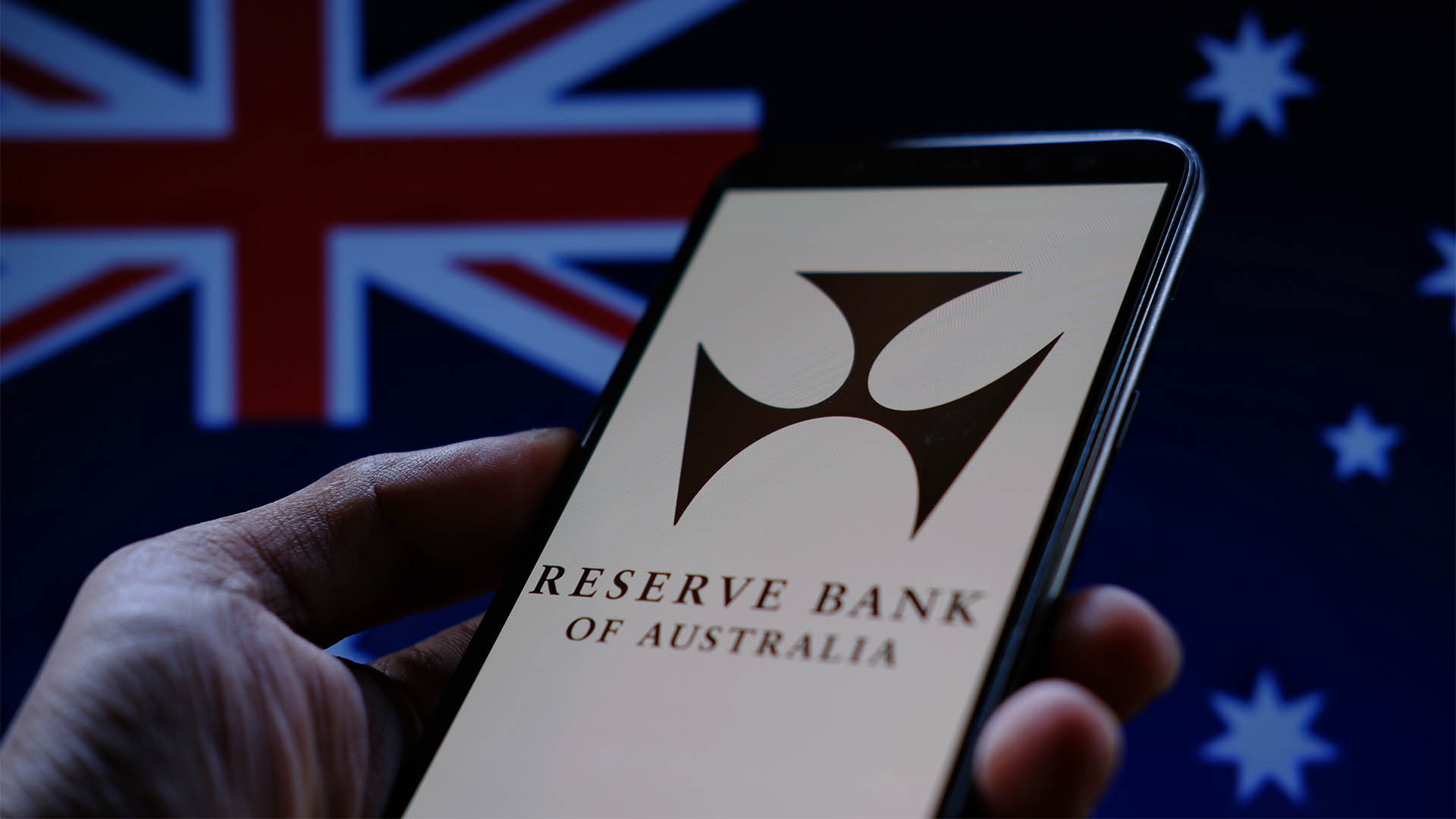Inflation eased in December, ending 2023 at 4.3%, according to the monthly indicator from the Australian Bureau of Statistics on Wednesday.
However, the indicator is only a partial measure compared to the quarterly consumer price index and omits many services, where inflation in this country seems to be the most persistent.
This is why comparisons with the monthly inflation readings in the US, UK, EU, and Japan, for example, are not accurate, as those surveys are more comprehensive.
The modest improvement will not prompt the Reserve Bank to take any action at its February meeting.
The headline reading was just slightly better than the market forecast of 4.4%, while the core reading of 4.8% was down from the 5.1% rate in November.
Nonetheless, the 4.3% rate marked a significant improvement from the 8.4% peak at the end of 2022.
Michelle Marquardt, ABS Head of Prices Statistics, said, "This month’s annual increase of 4.3% is down from the 4.9% rise in October and is the smallest annual increase since January 2022.”
The most significant contributors to the November annual increase were Housing (+6.6%), Food and non-alcoholic beverages (+4.6%), Insurance and financial services (+8.8%), and Alcohol and tobacco (+6.4%).
"CPI inflation is often impacted by items with volatile price changes like Automotive fuel, Fruit and vegetables, and Holiday travel. It can be helpful to exclude these items from the headline CPI to provide a view of underlying inflation,” Ms. Marquardt said in Wednesday’s statement.














